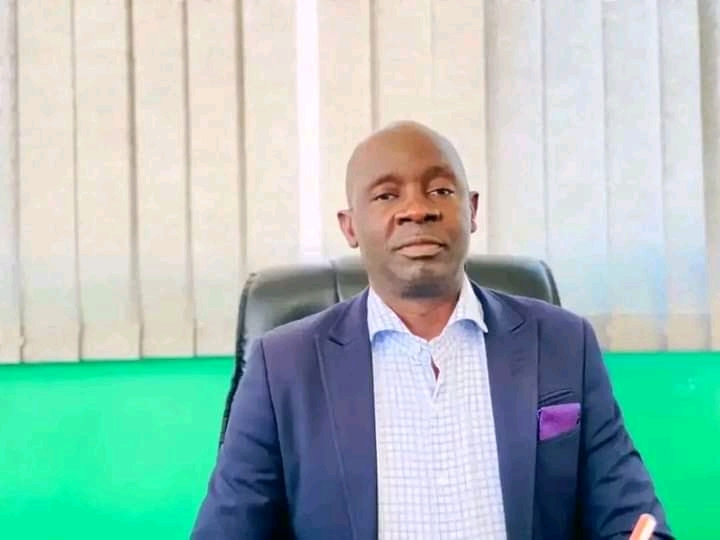By: Edwin Lifwekelo
The Controversy Surrounding Zambia’s Constitutional Amendments: An Urgent Call for Reassessment
The Patriotic Front (PF) notes with profound concern the proposed constitutional amendments currently being advanced by the administration of President Hakainde Hichilema. These proposals, which seek to introduce a hybrid electoral model combining the Majoritarian, Proportional Representation, and First Past the Post (FPTP) systems, have sparked widespread debate among legal professionals, political stakeholders, and the Zambian public.
The Three-in-One Electoral Proposal: Innovation or Confusion?
The suggested hybrid framework aims to integrate three fundamentally different electoral systems. While innovation in electoral processes is not inherently problematic, such a complex blend raises serious concerns about feasibility, voter comprehension, and democratic integrity.
1. Majoritarian System: While intended to ensure majority rule, it risks suppressing minority voices and limiting political diversity.
2. Proportional Representation: Favored for its inclusivity, this system better reflects the electorate’s overall preferences but introduces complexity that may alienate voters unfamiliar with its mechanics.
3. First Past the Post: A commonly used system that simplifies voting but often skews representation and favors dominant parties over smaller or emerging political movements.
Implementing all three simultaneously, without a clear framework or precedent, risks creating confusion and operational inefficiency in Zambia’s democratic process.
Global Experience and the Zambian Gap
Internationally, countries that have experimented with mixed systems—such as Germany and New Zealand — have done so with extensive civic education, robust public consultations, and transparent legislative processes. These nations underscore the importance of citizen participation in any constitutional redesign. In Zambia’s case, such consultation has been noticeably absent.
Concerns: Process, Transparency, and Potential Manipulation
Key areas of concern raised by the PF and other stakeholders include:
Lack of Public and Parliamentary Consultation: The rapid push for constitutional reform without extensive stakeholder engagement is undemocratic and potentially unconstitutional.
Voter Confusion and Reduced Participation: Introducing multiple systems simultaneously could confuse the electorate and suppress voter turnout.
Potential for Electoral Manipulation: The restructuring could create an electoral environment that disproportionately favors incumbency, thereby weakening Zambia’s multiparty democracy.
A Call to Action
We call on the Hichilema administration to immediately halt the amendment process and initiate broad-based consultations with all political parties, civil society, electoral experts, and, most importantly, the Zambian people.
A constitutional framework must be reflective of the people’s will—not a tool for political consolidation. The proposed three-in-one electoral system must be subjected to rigorous public scrutiny, legal review, and national dialogue before any legislative action is taken.
To Sum up, Zambia stands at a critical juncture. The actions taken today will shape the nation’s democratic trajectory for generations. We urge President Hichilema to consider the long-term consequences of these reforms and to place the interests of the Zambian people above political expediency. Let us reaffirm our commitment to democracy, transparency, and the rule of law.
Only through inclusive dialogue and consensus-building can we safeguard our nation’s democratic future.
Issued by:
Mr. Edwin Lifwekelo
Directorate PF Media




